Leadership and Management Skills in the Service Industry - Analysis
VerifiedAdded on 2023/02/01
|10
|513
|26
Report
AI Summary
This report delves into the essential leadership and management skills required in the service industry. It explores the significance of both hard and soft skills, highlighting their impact on employee performance and overall organizational success. The report examines specific skills such as motivation and communication, emphasizing their role in fostering a productive and positive work environment. The analysis also discusses various leadership approaches and their effectiveness within the service sector, providing insights into how leaders can effectively guide and manage their teams. The report concludes by summarizing the key findings and emphasizing the importance of continuous development in leadership and management practices within the ever-evolving service industry. The report also mentions the importance of the skills for the future managers. The report also provides some examples from the real world.
1 out of 10
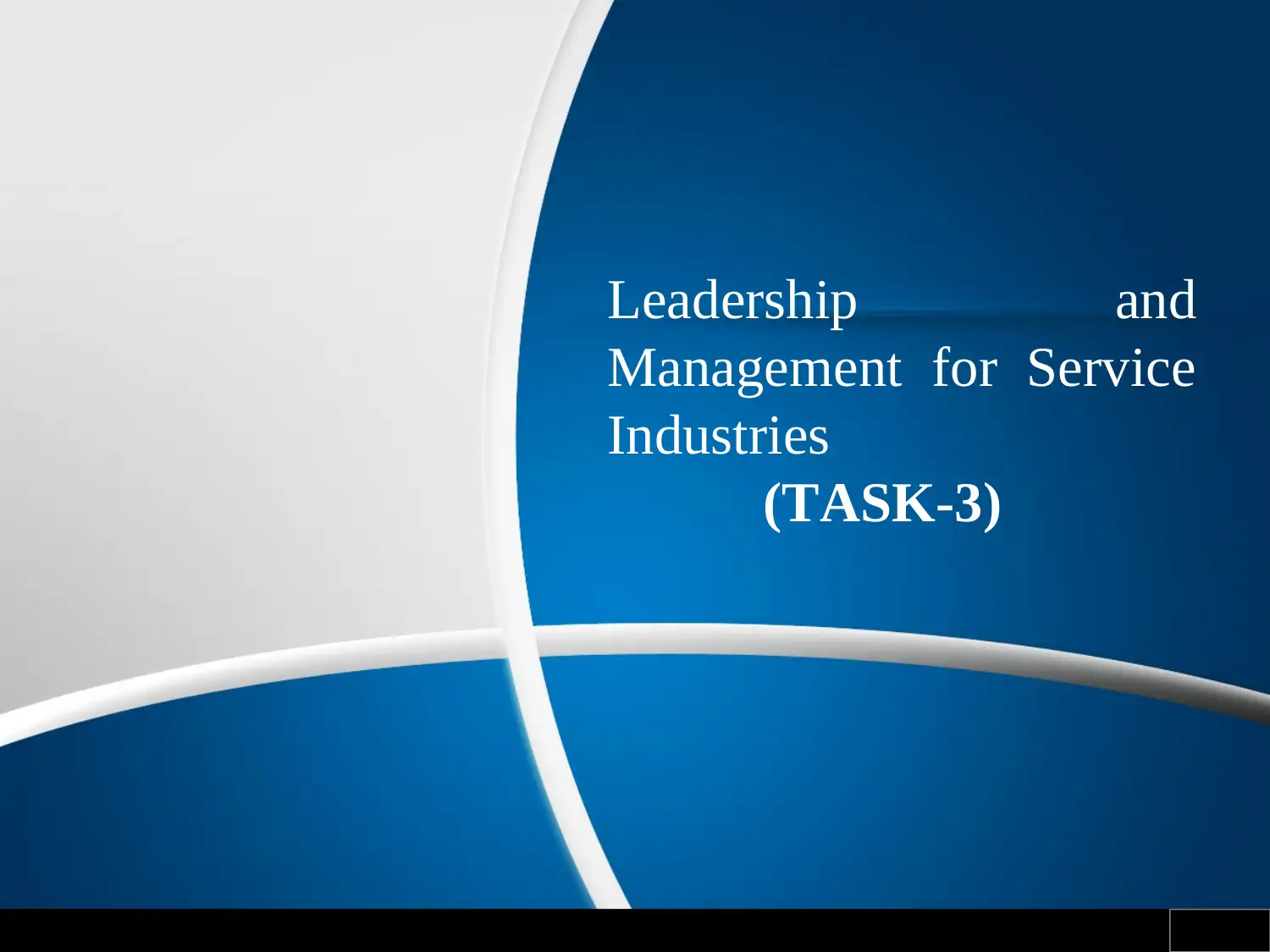
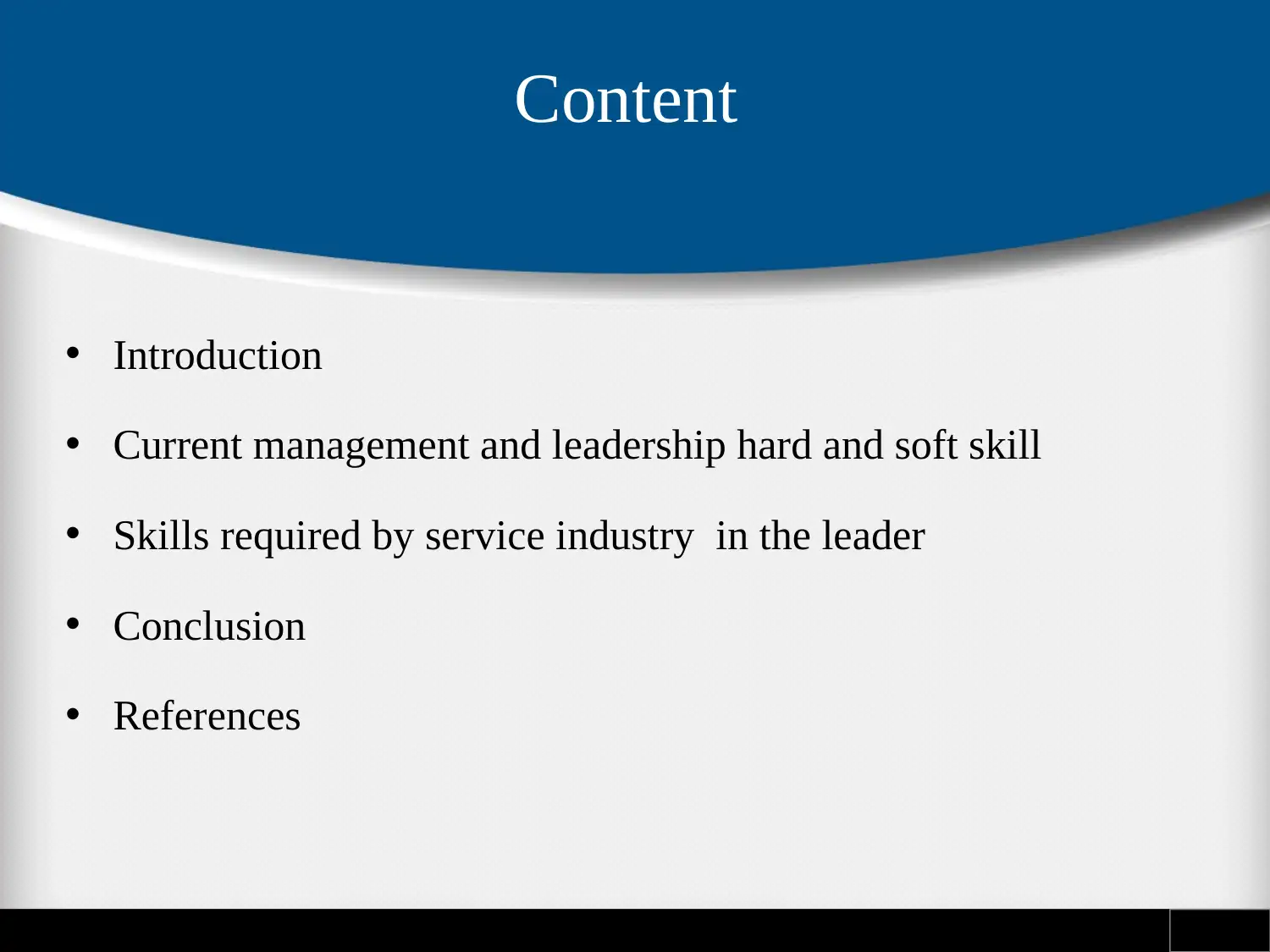
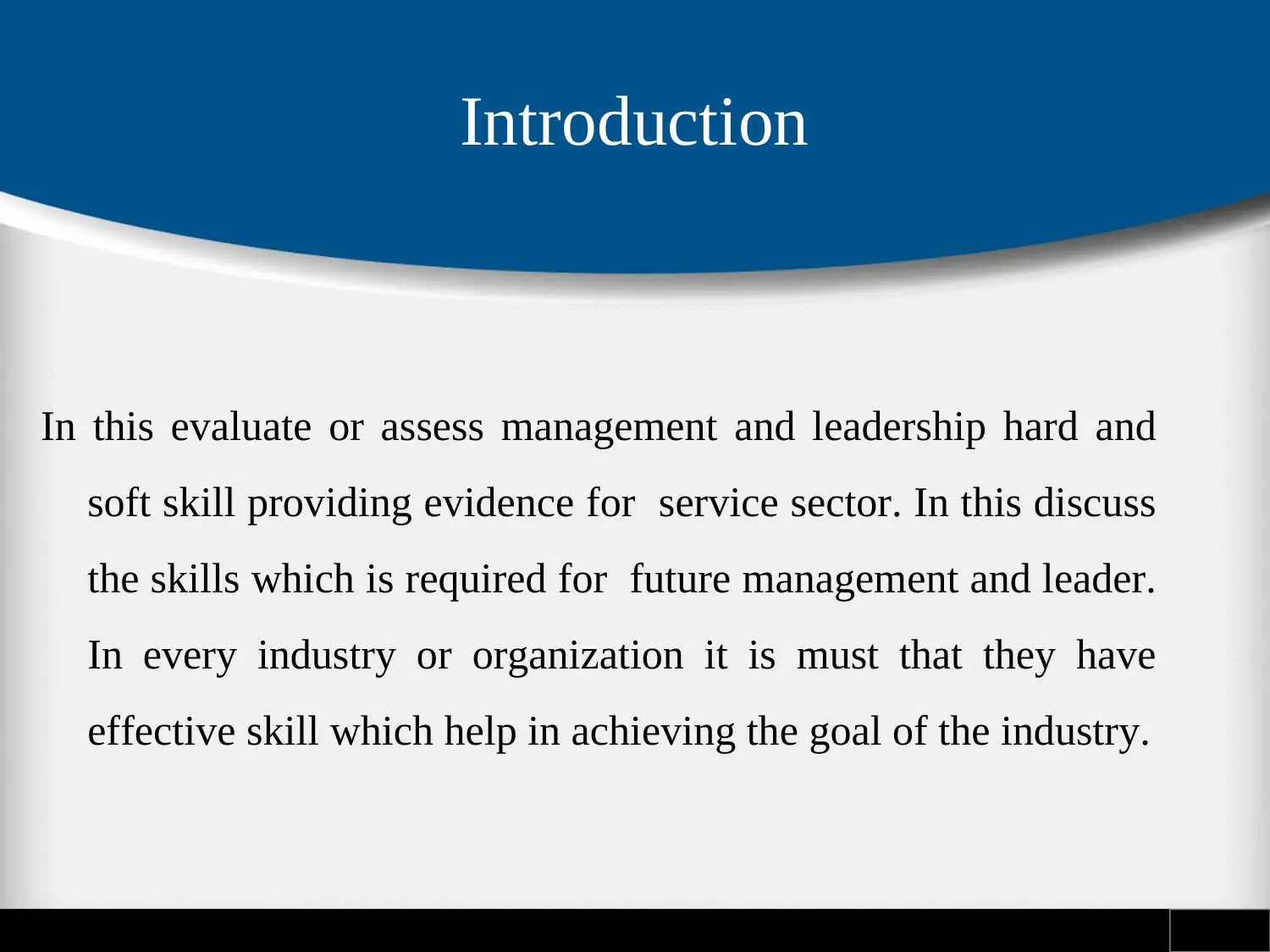

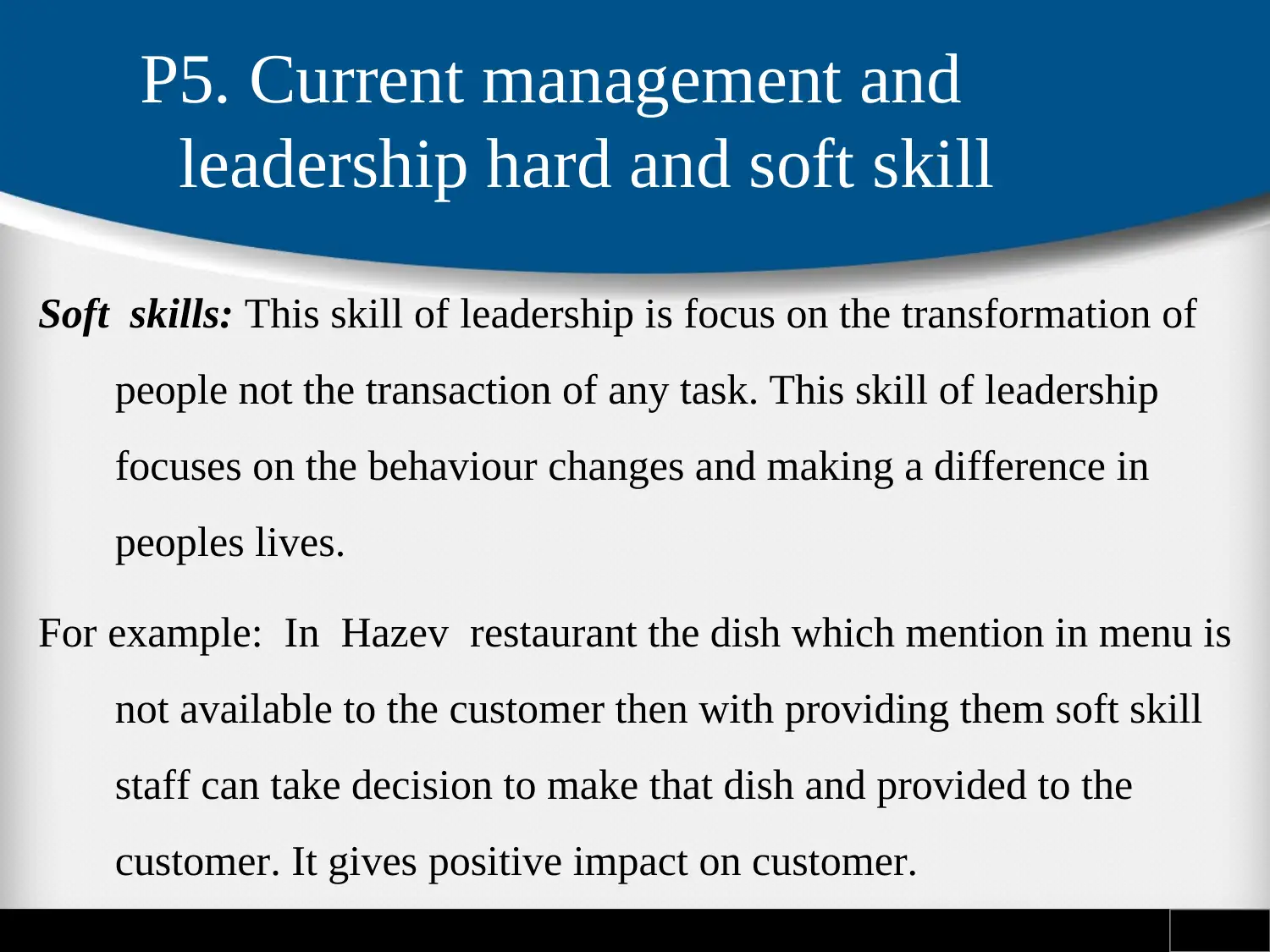
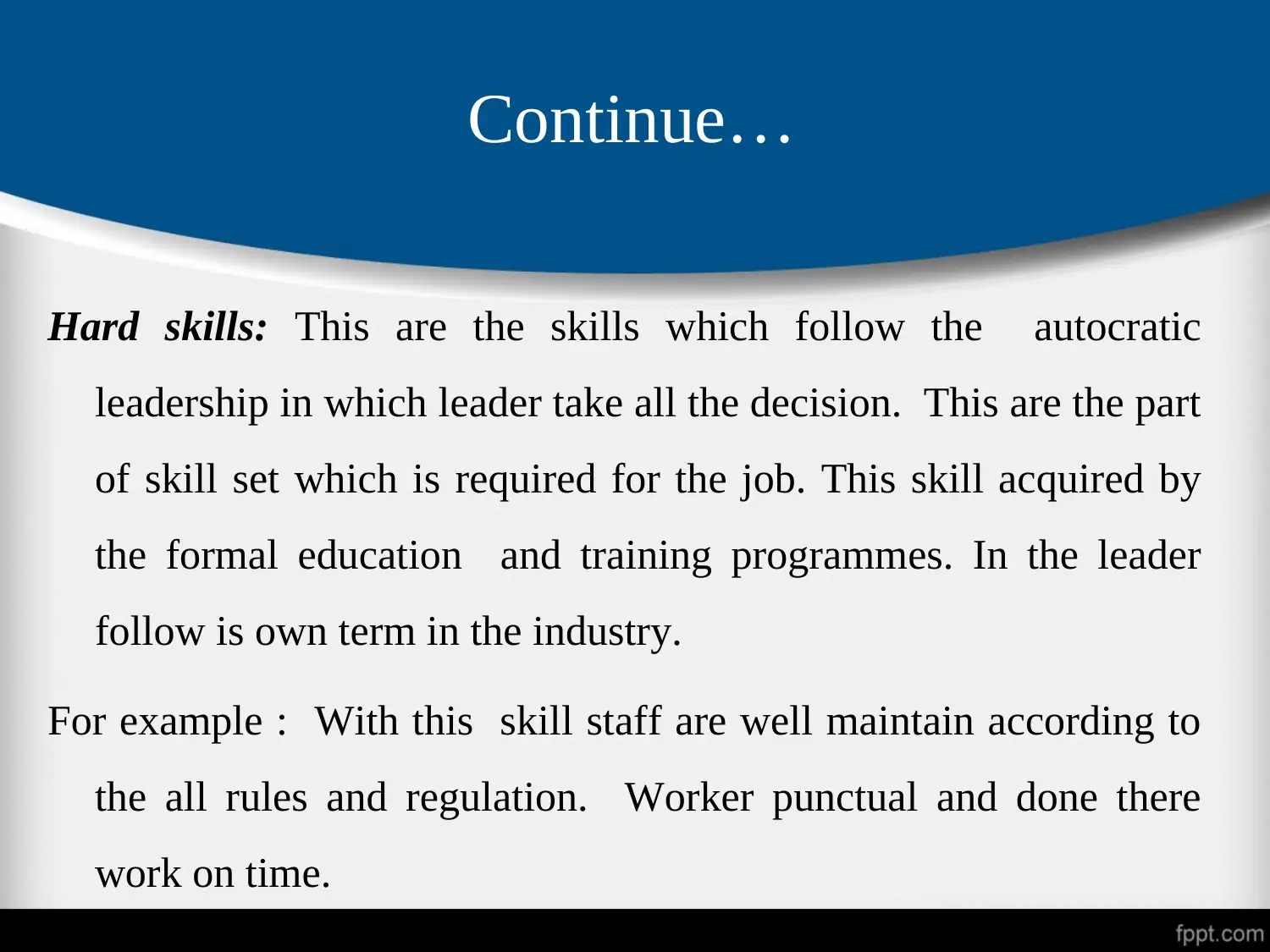
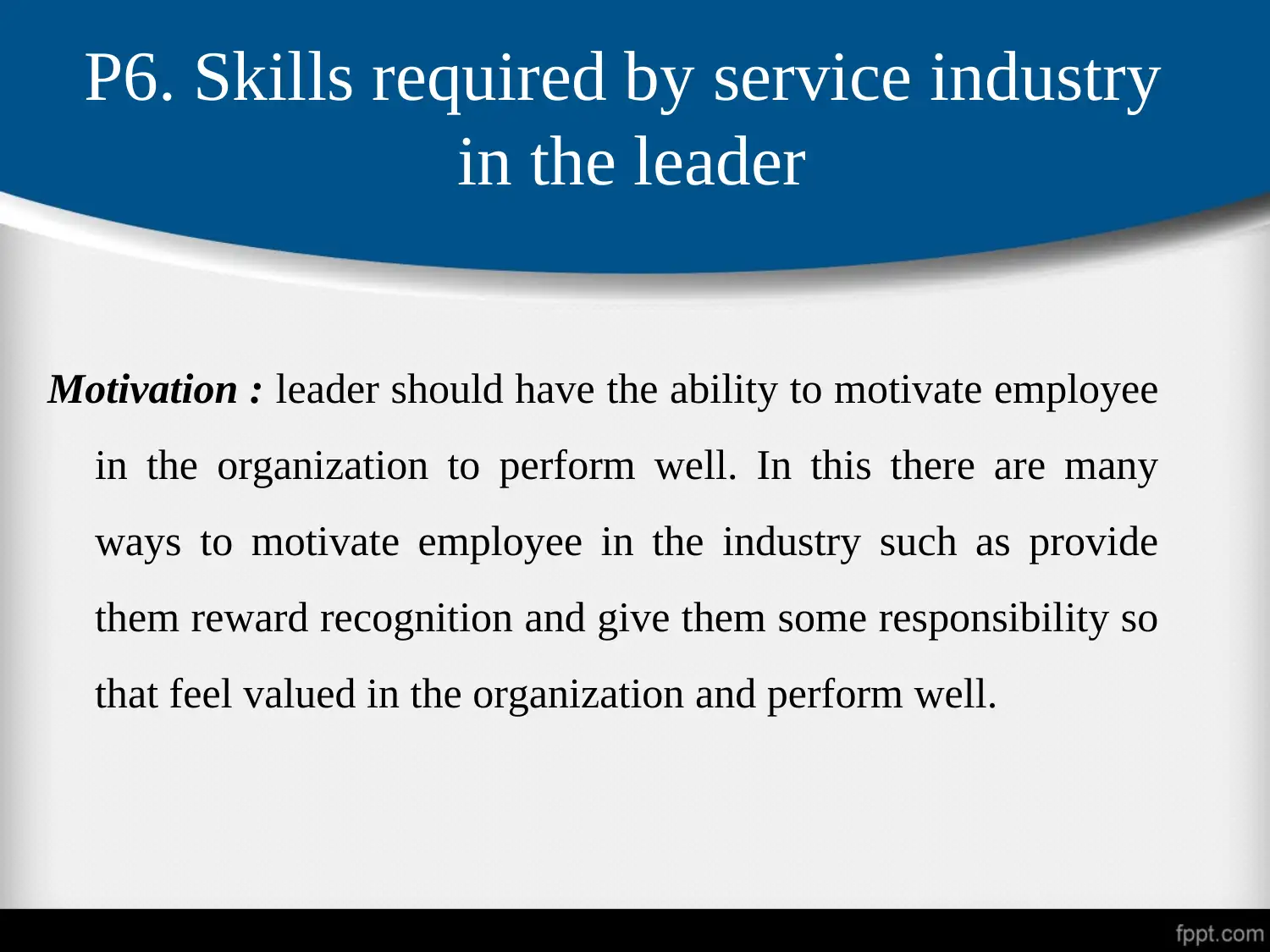
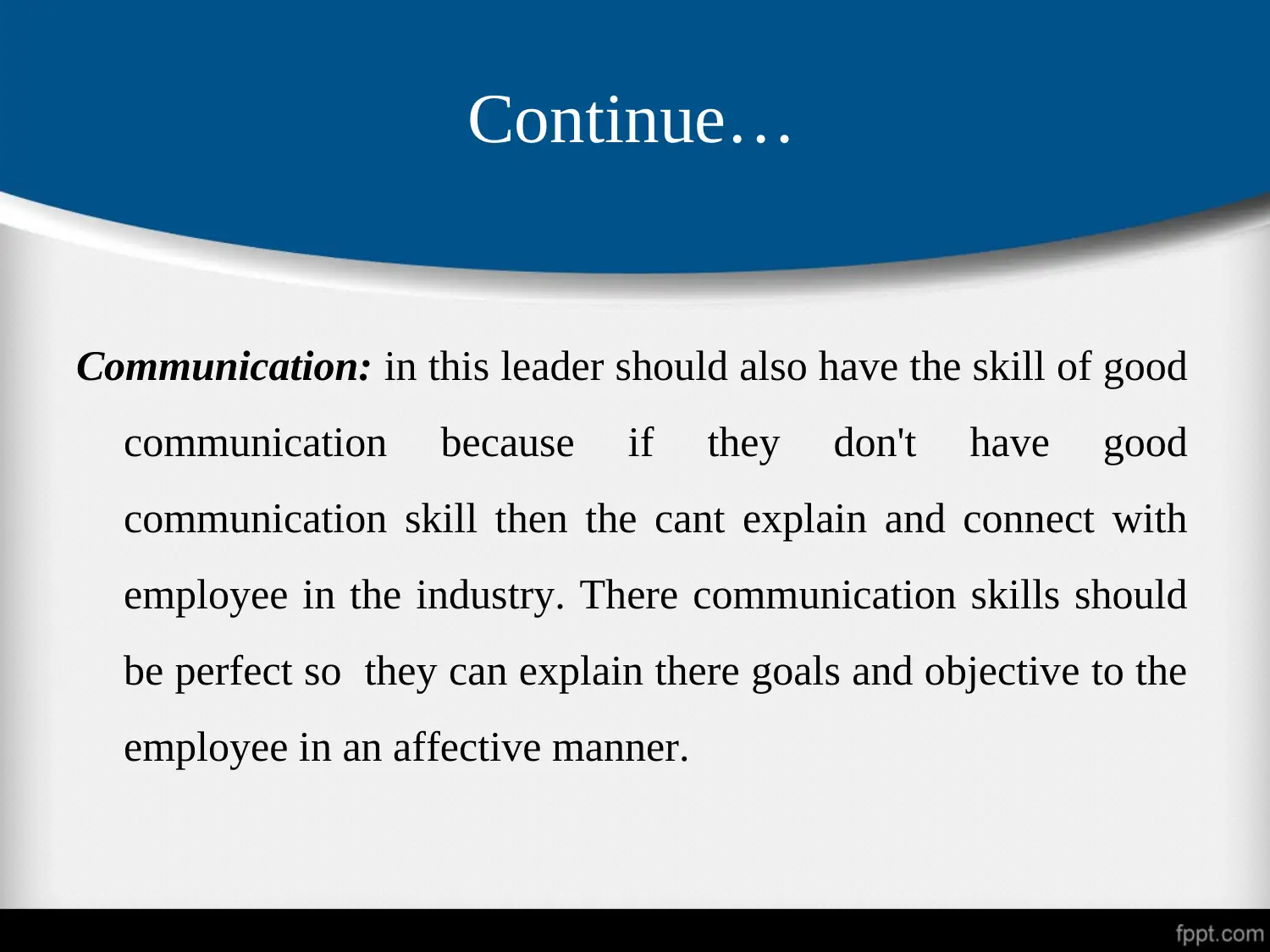
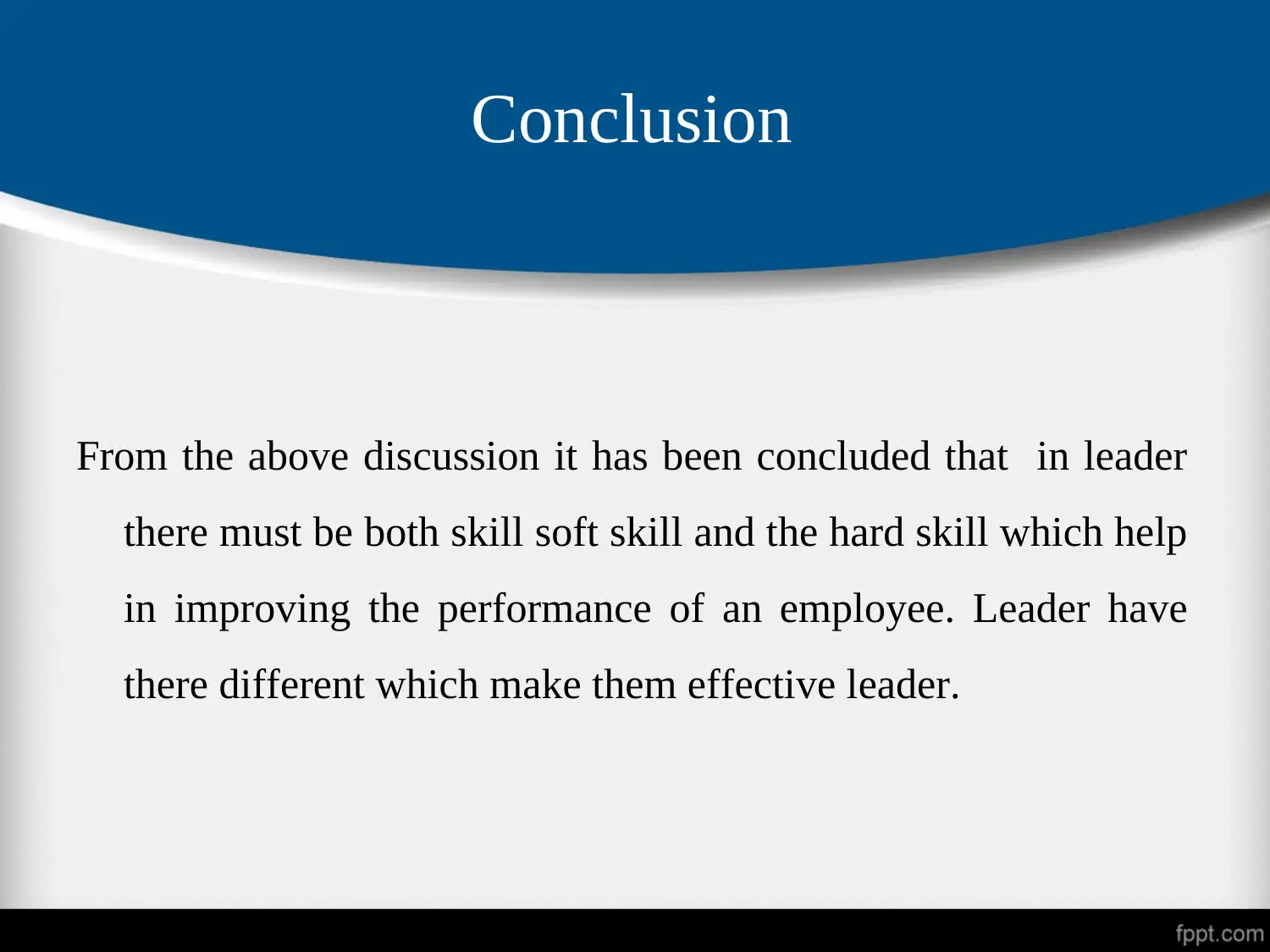
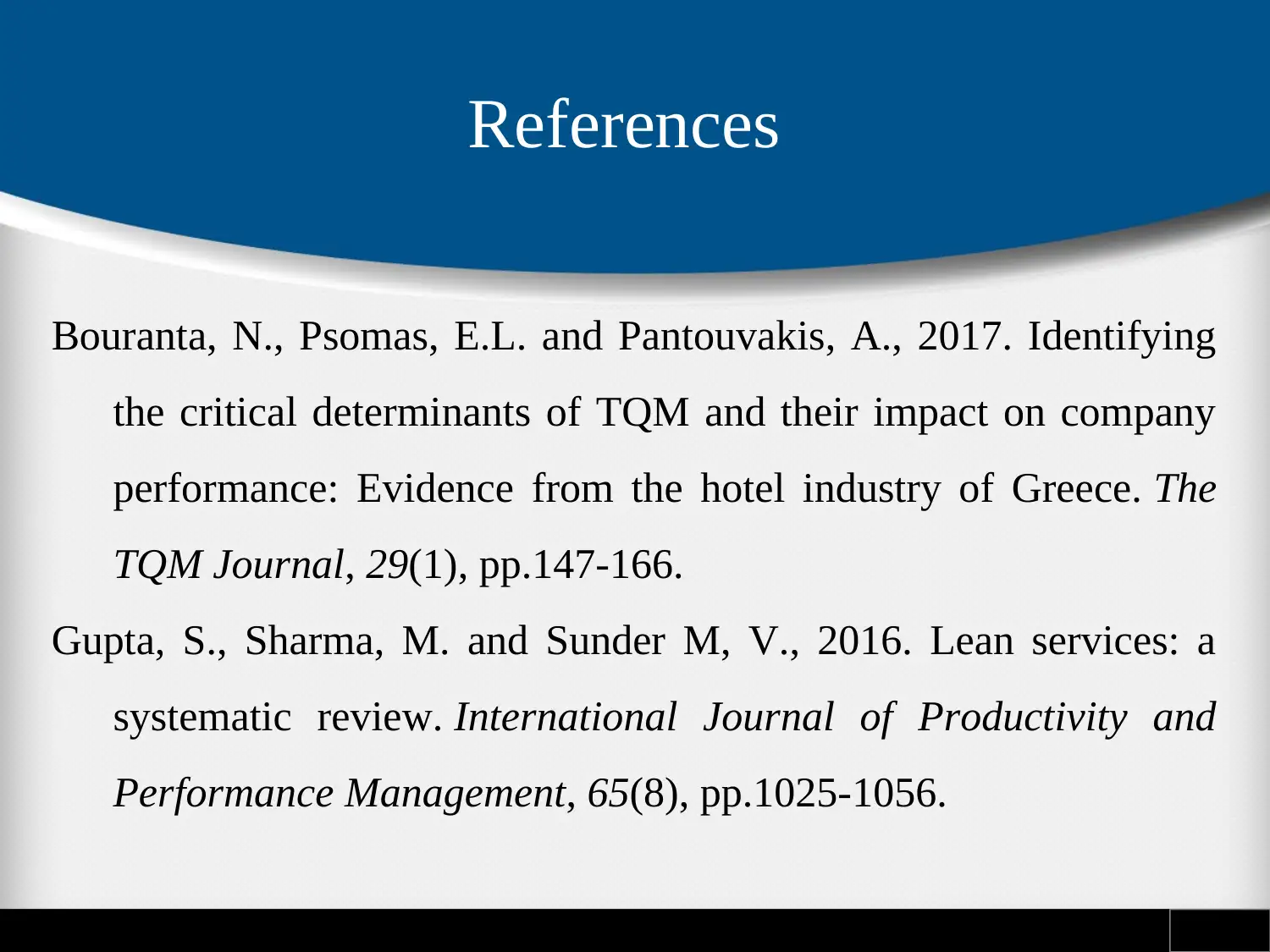







![[object Object]](/_next/static/media/star-bottom.7253800d.svg)